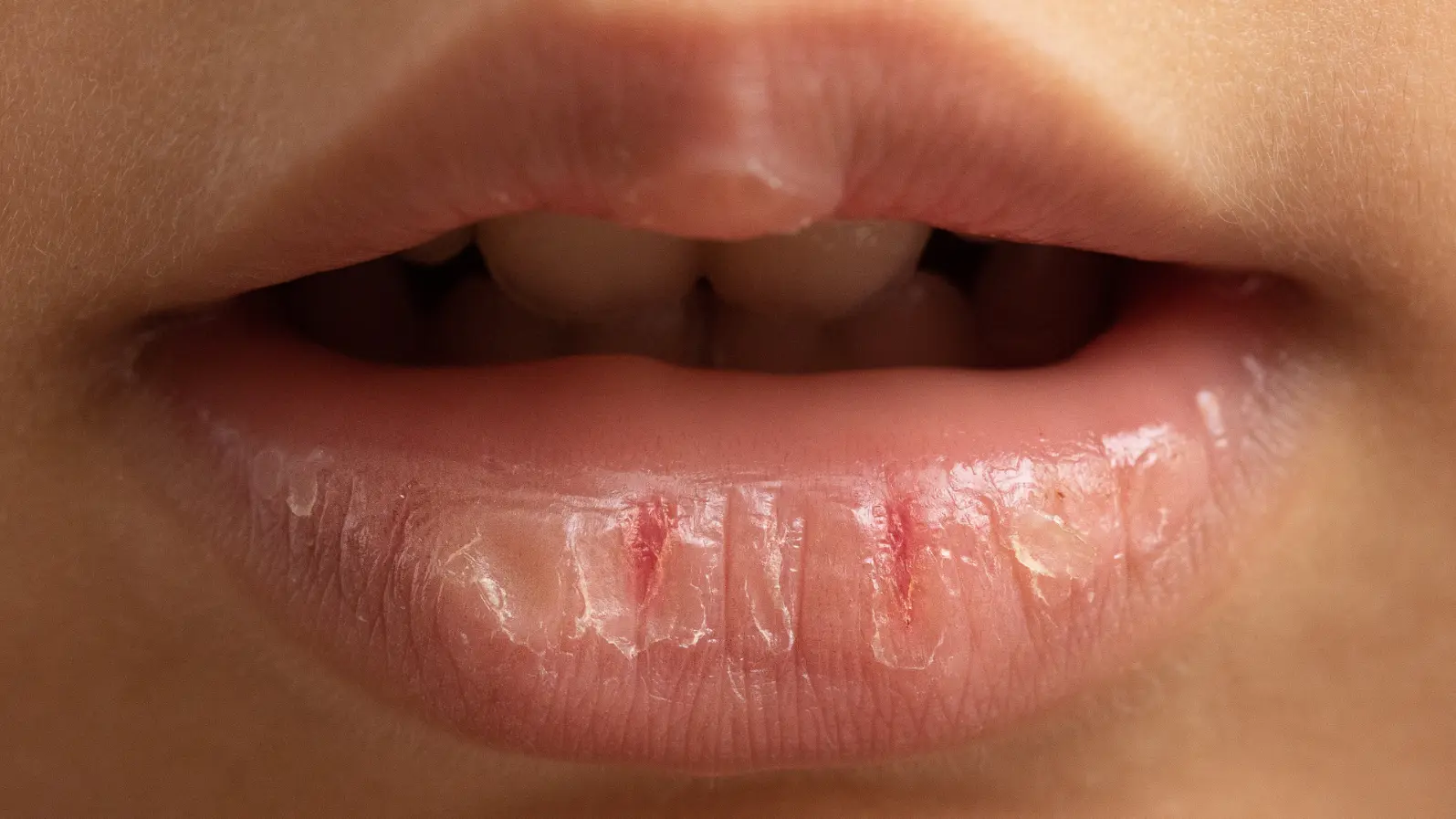
A Citrus Compound May Protect Cancer Patients from Dry Mouth During Radiotherapy
Researchers boost the effectiveness of natural D-limonene with lipid-based formulations
The Problem: Dry Mouth After Cancer Treatment
Many people undergoing radiotherapy for head and neck cancers experience xerostomia, or chronic dry mouth. This condition can make speaking, swallowing, and even eating painful, and significantly lowers quality of life. Traditional treatments like saliva substitutes, drugs, or acupuncture have shown only limited success and often bring unwanted side effects. An oral therapy that patients can easily take at home is highly desirable.
Why D-Limonene?
D-limonene, a natural compound found in citrus oils, is widely recognized as safe and is already used in food, cosmetics, and cleaning products. Importantly, earlier studies showed that D-limonene can protect saliva production during radiotherapy in animal models.
However, the compound is oily and poorly soluble in water, which means it doesn’t absorb well when taken by mouth. Patients would need to swallow very large doses—something particularly difficult for those already struggling with dry mouth.
The Study: Making D-Limonene Easier to Absorb
A research team at the University of South Australia tested whether lipid-based drug delivery systems could improve how the body absorbs D-limonene. They created two new formulations:
SNEDDs (Self-nanoemulsifying drug delivery systems)
CapLec emulsion (soy lecithin + lipid blend)
These systems break down the oily compound into tiny, stable particles that mix better with digestive fluids.
What They Found
Solubility boost: The formulations increased D-limonene’s solubility by up to 180 times compared with pure D-limonene.
Bioavailability: In animal studies, the new versions delivered over 50 times more D-limonene into the bloodstream compared with the unformulated compound.
Target delivery: Importantly, higher concentrations were found in the submandibular salivary glands—the tissues most affected in radiotherapy-induced dry mouth.
Stability: The lecithin-based emulsion stored at cool temperatures (4°C) kept the compound stable for several weeks, reducing problems like oxidation that could create allergens.
Why It Matters
This research suggests that a safe, natural citrus compound could be transformed into an effective oral therapy to prevent or ease dry mouth in cancer patients. The lipid formulations make D-limonene easier to swallow, more absorbable, and better targeted to the salivary glands.
While more work is needed—including human clinical trials—the findings offer hope for a simple, patient-friendly treatment to improve quality of life during cancer care.
Reference
Wright, L., Wignall, A., Subramaniam, S., Schultz, H. B., Joyce, P., & Prestidge, C. A. (2025). Enhanced oral absorption and biodistribution to submandibular salivary glands of D-limonene in Sprague Dawley rats via a liquid-lipid formulation approach. International Journal of Pharmaceutics, 670, 125179. https://doi.org/10.1016/j.ijpharm.2025.125179